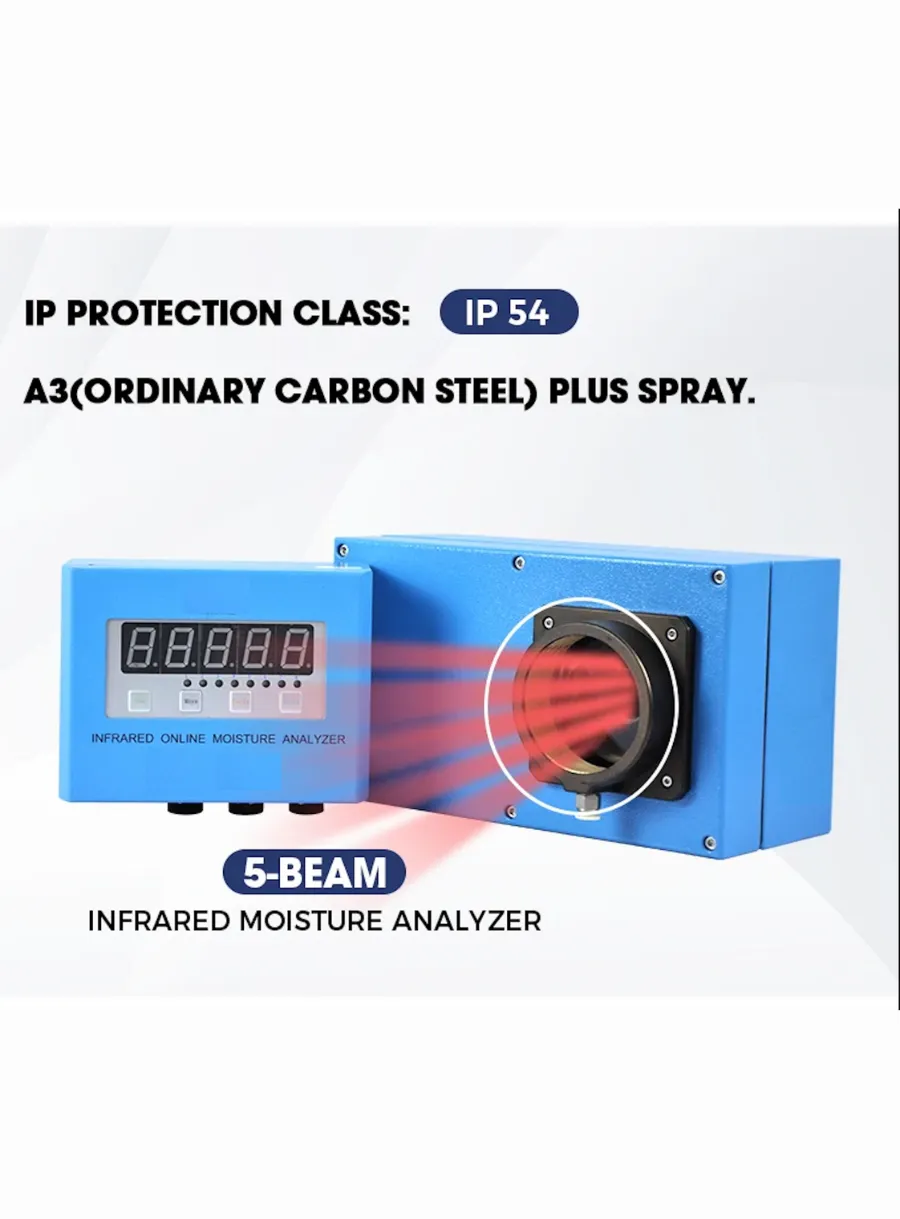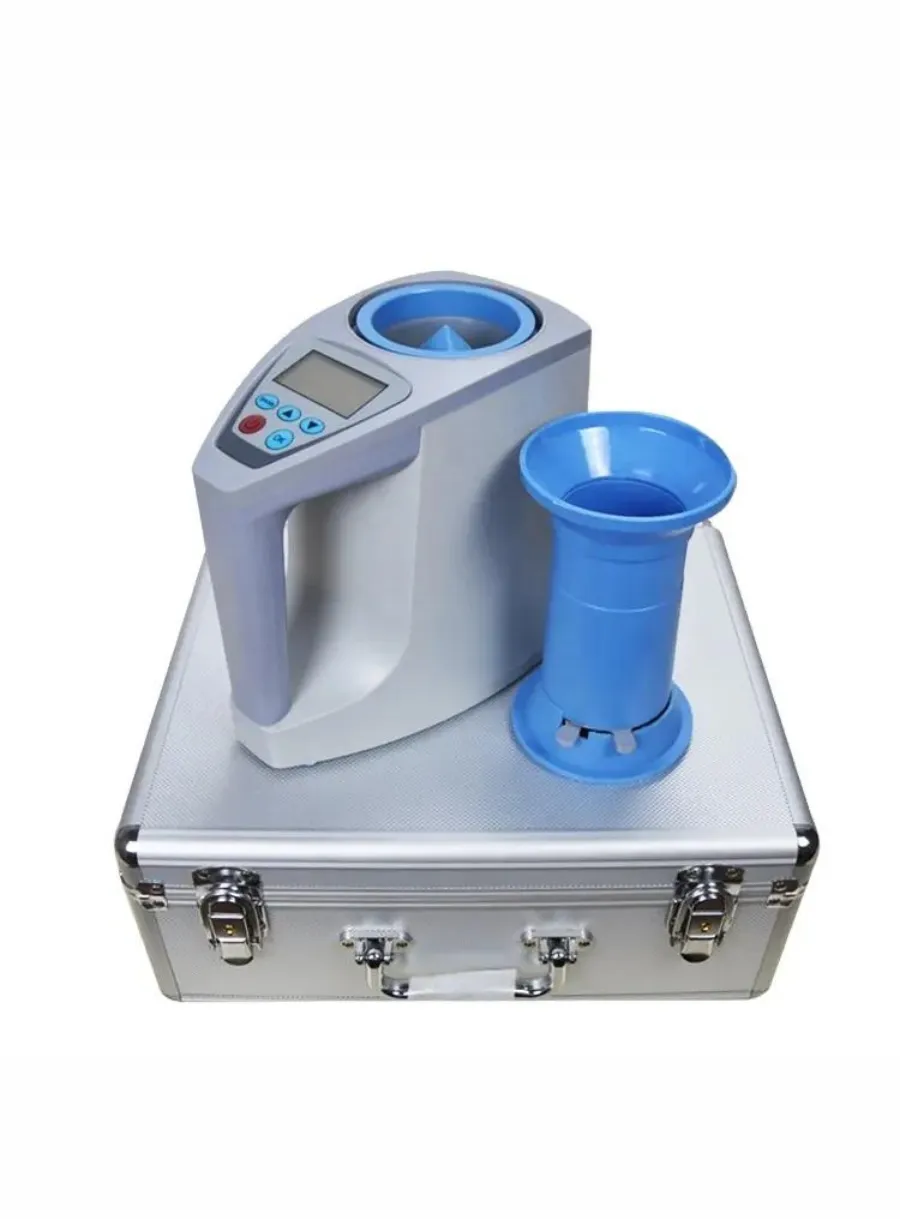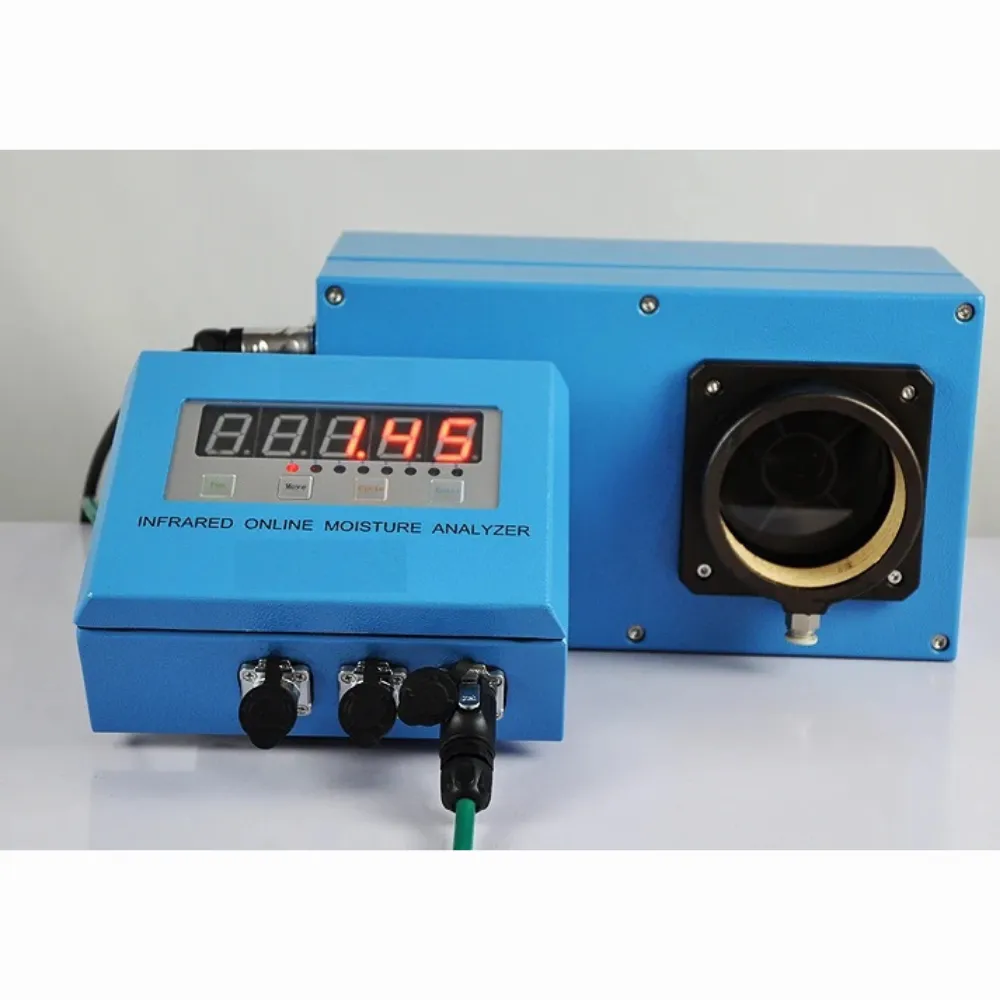
The Future of Food Moisture Meters
Table of Contents
The Evolution of Food Moisture Meters
Food moisture meters have been a crucial tool in the food industry for decades, allowing professionals to accurately measure the moisture content in various food products. As technology continues to advance, so too do the capabilities of Food moisture meters, leading to new innovations and trends that are shaping the future of this essential instrument.
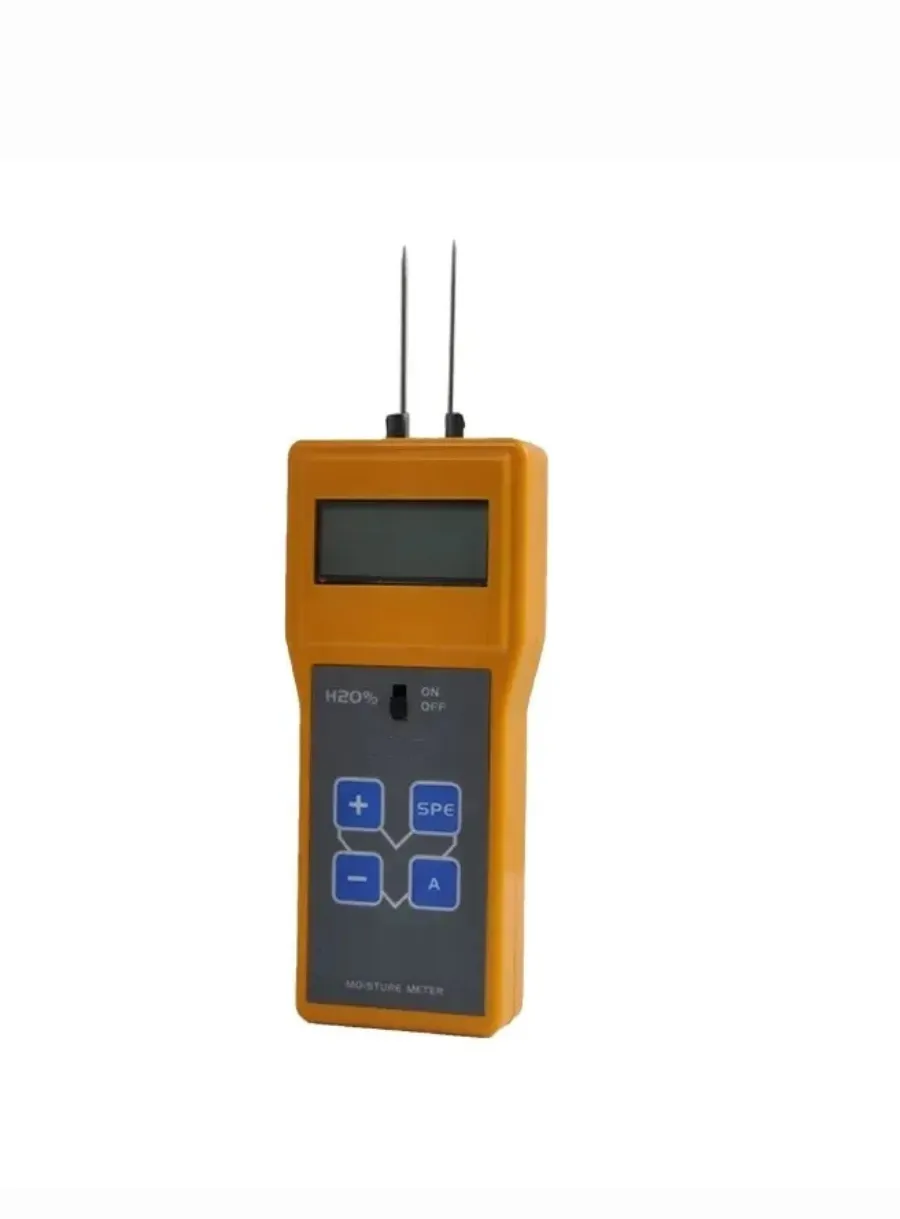
Trend 1: Portable and Wireless Devices
One of the most significant trends in the food moisture meter market is the increasing demand for portable and wireless devices. As the food industry becomes more mobile and global, the need for a meter that can be easily transported and used in various locations has become paramount. Manufacturers are now developing Food moisture meters that are compact, lightweight, and equipped with wireless technology, allowing users to transmit data directly to their smartphones or other devices.
Trend 2: Integration of AI and Machine Learning
Another trend that is gaining traction in the food moisture meter market is the integration of artificial intelligence (AI) and machine learning algorithms. These advanced technologies can help food manufacturers optimize their production processes by providing real-time data on moisture levels, enabling them to make informed decisions about product quality and safety. AI-powered Food moisture meters can also predict potential issues with food products, such as spoilage or contamination, allowing manufacturers to take preventative measures and minimize losses.
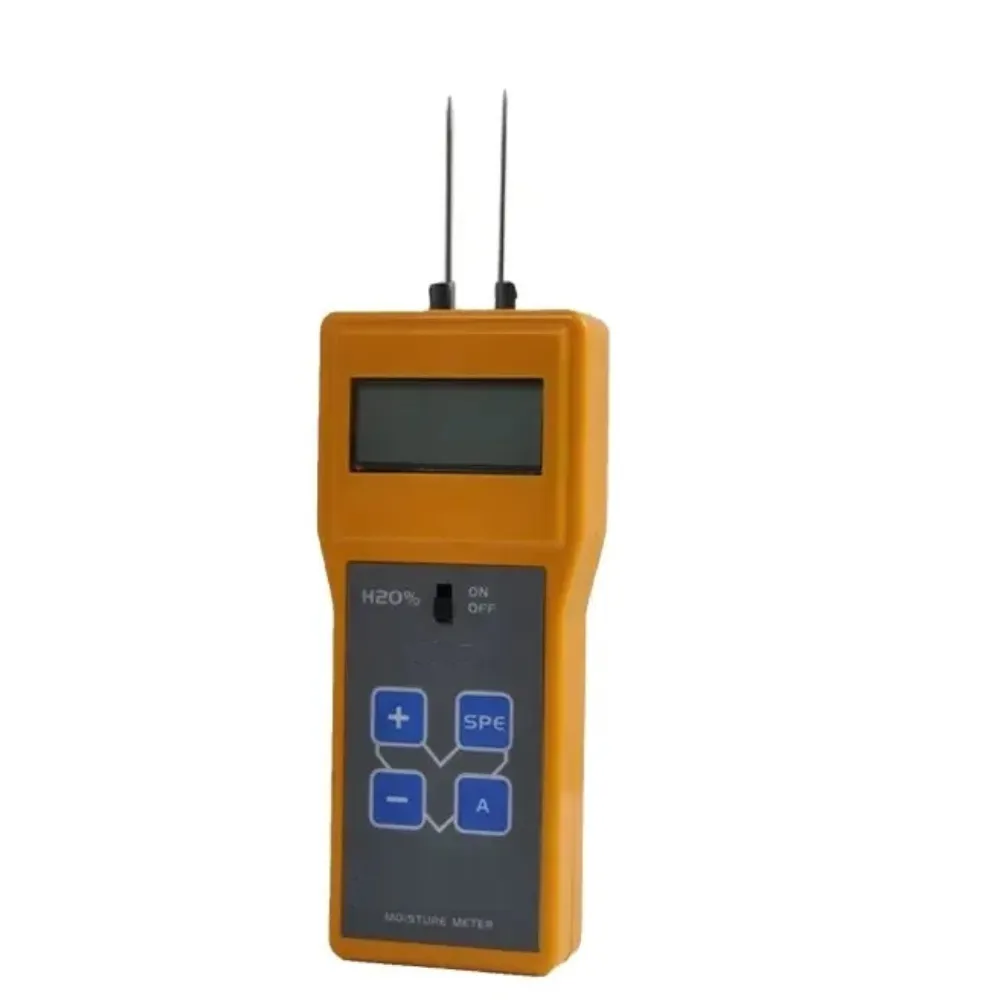
Innovation: Improved Accuracy and Reliability
The future of Food moisture meters also lies in their ability to provide more accurate and reliable measurements. Manufacturers are investing in research and development to create devices that can measure moisture content with greater precision, even in challenging environments such as high humidity or extreme temperatures. This will enable food manufacturers to produce products with consistent moisture levels, ensuring that they meet the strict quality standards set by regulatory bodies.
Trend 3: Focus on Sustainability
In addition to technological advancements, there is also a growing emphasis on sustainability in the food industry. As consumers become more conscious of the environmental impact of their food choices, food manufacturers are looking for ways to reduce waste and improve efficiency in their production processes. Food moisture meters can play a crucial role in this regard by helping manufacturers monitor and control moisture levels in their products, ensuring that they are stored and transported correctly to prevent spoilage and waste.
Trend 4: IoT Integration
The future of Food moisture meters is also likely to see an increase in the use of IoT (Internet of Things) technology. IoT devices can be connected to a network, allowing food manufacturers to monitor and control multiple Food moisture meters from a central location. This can help streamline production processes and improve overall efficiency, as well as provide valuable data for quality control and food safety purposes.
Conclusion: A Bright Future for Food Moisture Meters
In conclusion, the future of Food moisture meters is bright, with new innovations and trends shaping the way these devices are used in the food industry. As technology continues to advance, Food moisture meters will become more accurate, portable, and integrated with other systems, allowing food manufacturers to produce high-quality products that meet the demands of an increasingly discerning consumer base.
Comments
Tags
Frequently Asked Question
AI can provide real-time data analysis, predict potential issues, and optimize production processes, enhancing overall food quality and safety.
Portable and wireless meters allow for greater flexibility in testing locations and easy data transmission to other devices, improving efficiency.
By helping manufacturers monitor and control moisture levels, these meters can reduce food waste and improve storage efficiency, contributing to more sustainable practices.
IoT integration allows for centralized monitoring and control of multiple meters, streamlining production processes and improving overall efficiency in food manufacturing.

